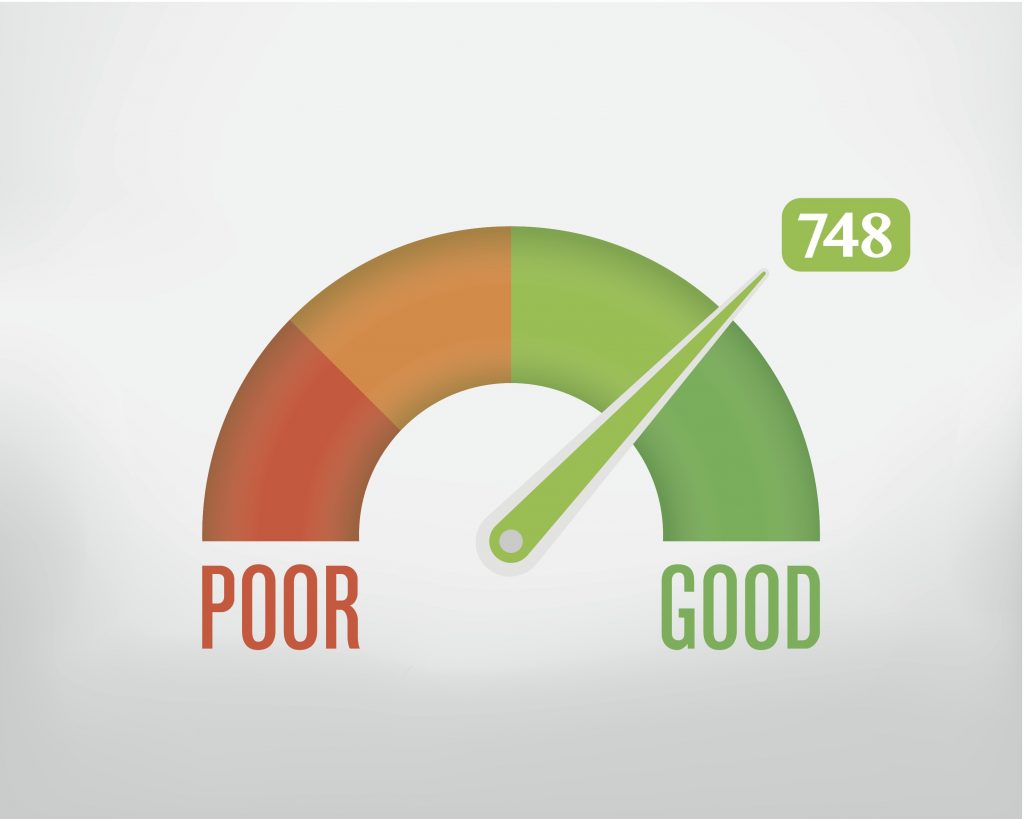
Not knowing how credit scores work can hurt you in ways you may not realize. Here are five reasons you should care about your credit score:
Getting Credit
Most fundamentally, a good credit score enables you to get credit cards and loans, while a bad score limits your ability to secure such financial resources. What constitutes a good credit score varies depending on what scoring system and lender you’re talking about. For popular scoring systems, such as FICO and VantageScore, a good score is anything above 700, a poor score is below 649 and a bad score is anything under 600. If your score falls into the poor to bad range, or even if it’s merely fair, you may have difficulty getting new credit cards or loans. This can be problematic in itself, but there can be a snowball effect with other negative consequences.
Finding Employment
A bad credit score can actually do double damage to your finances by limiting your ability to find certain jobs and obtain credit. The Fair Credit Reporting Act allows prospective employers to obtain your permission to review your credit report before hiring you. This can affect your ability to get jobs in certain industries, such as financial services, explains Vic Tanon of Emplicity, an organization that provides human resources consulting. Employers who notice you have a bad credit score may question your judgment in other areas and take a second look at your application.
Making Purchases
Your credit score can also affect your ability to purchase consumer goods and services. For instance, if you’re visiting T-Mobile’s website to purchase an iPhone 6s, you have to select from a credit range to determine how much you will pay for your up-front device cost. The site’s credit options include: excellent/good credit, building credit or some credit issues, no credit check due to serious credit issues, or a decision to pay the entire cost up-front. In other words, poor credit can result in you having to pay the entire cost at once, whereas good credit lets you spread the cost out over multiple payments. This reflects the fact that suppliers of goods and services are more likely to let you pay off a purchase over time if they know your credit is reliable. Similarly, your credit rating can affect your purchases of services, such as utilities and insurance.
Renting an Apartment or Buying a House
A poor credit score affects your ability to get a mortgage loan to buy a home. Even if you only plan to rent an apartment, a bad credit score limits your renting options. As Credit Karma writer Mike Goldstein explains, a bad score can cause a landlord to turn down your rent application or to impose additional conditions on your lease. In some cases, you may have to find a co-signer or a roommate with better credit. You may also have to put down a larger security deposit.
Starting a Business
Your credit rating also impacts your ability to start your own business. According to a Small Business Trends poll, 60 percent of small business startups say their biggest challenge is lack of funding or insufficient cash flow. To solve this problem, many business owners turn to business loans or lines of credit. Unfortunately, if you have a bad personal credit rating, it can affect your ability to secure business credit, cutting off one of the means to improve your financial situation and fix your credit. To avoid this and other negative consequences that stem from bad credit, keep your balances low and pay your bills on time.

Joe is a former financial advisor and media representative for American Express and Ameriprise. He was the “Money Man” at Detroit television WXYZ-TV, appearing twice weekly. He’s also appeared in Bride, Best Life, and Child magazines, the Los Angeles Times, Chicago Sun-Times, Detroit News and Baltimore Sun newspapers and numerous other media outlets. Joe holds B.A Degrees from The Citadel and Michigan State University.
[…] previously discussed in a separate article, it’s good to keep in mind that knowing your credit score before beginning your small business aspirations will undoubtedly save you the headache of being […]